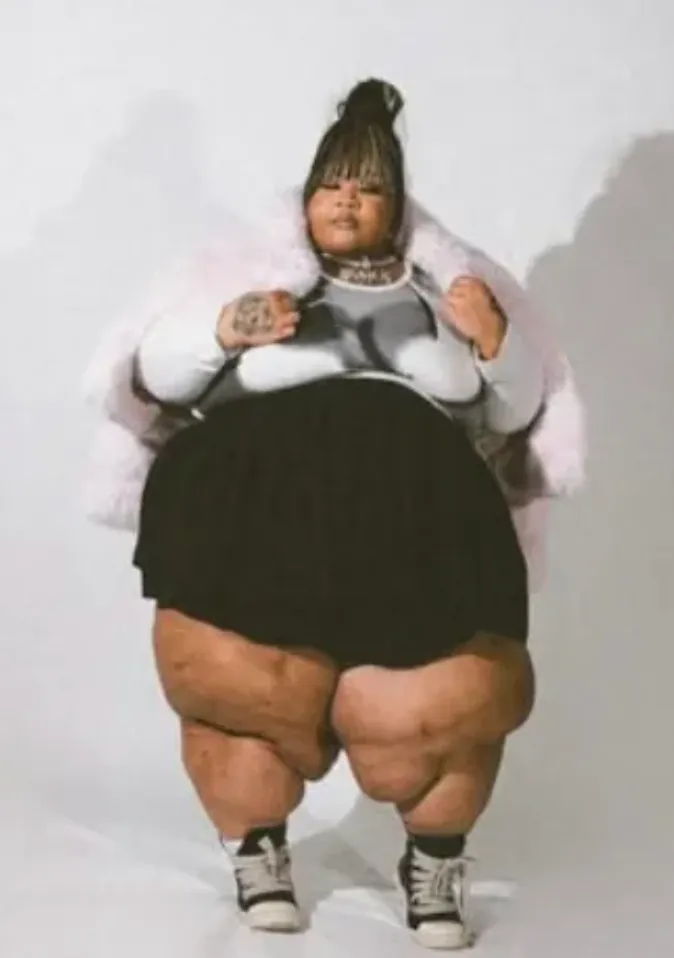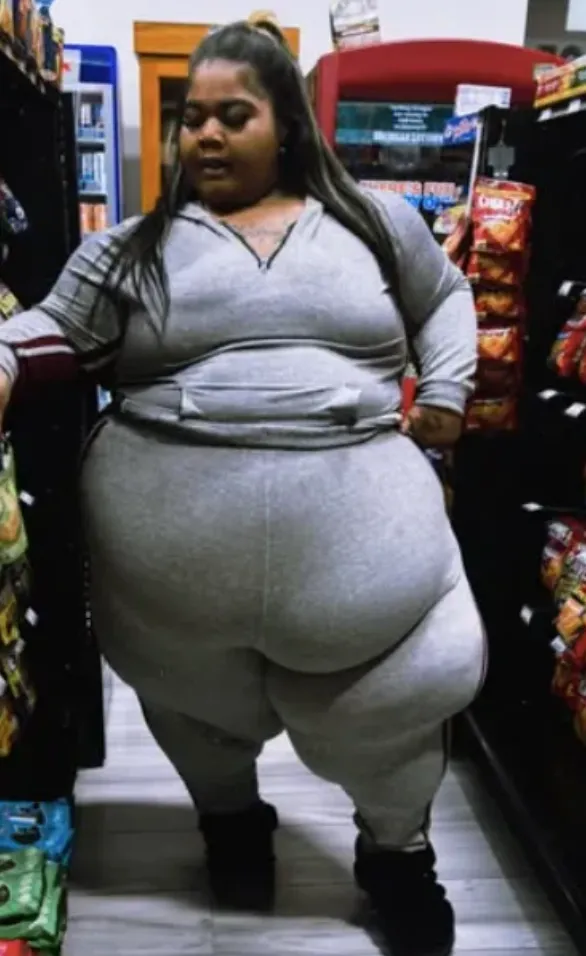In the bustling city of Detroit, an incident has sparked widespread conversation about inclusivity in modern transportation services.
The controversy began when a local rapper, Dajua Blanding, also known as “Dank Demoss,” hailed a Lyft to attend an event.
What should have been a routine pickup quickly turned into an unexpected confrontation.
Blanding, expecting a standard ride, encountered a driver operating a Mercedes-Benz sedan who expressed doubts about accommodating her.

A video of the incident, later shared on social media, captured the exchange between the two.
The driver can be heard saying, “I got no space at all, my car is small.”
In response, Blanding insisted, “I can fit in this car.”
Despite her reassurance, the driver refused, stating, “No, believe me, you can’t, so… I’m sorry.”
As the discussion continued, Blanding questioned what would happen to the payment she had made for the ride.
The driver informed her that he would cancel the trip, ensuring she received a refund.

However, when Blanding directly asked if the refusal was due to her size, the driver responded, “Yeah, you need to order a bigger car.”
He also added an unusual remark, claiming that his tires were “very tired,” implying another reason for his refusal.
Frustrated by the encounter, Blanding shared the footage on Instagram, where it quickly went viral.
She captioned the post: “@lyft what yall got to say about this yall driver discriminated against me. I JUST FEEL LIKE YALL TREAT BIG PPLE LIKE S*** LIKE WE DONT BELONG HERE.”

The video sparked an intense debate online, with users discussing discrimination in ride-sharing services.
As the public reaction intensified, Blanding decided to take legal action.
She retained attorneys Jonathan Marko and Zach Runyan to file a lawsuit against Lyft, citing discrimination.
Marko, in a statement, emphasized the legal implications of the case.
“I knew that it was illegal, and I knew that it was wrong,” he said.
He compared the situation to other forms of discrimination, stating, “It would be no different than a driver pulling up and saying, ‘I don’t want to have Black people in my car or I don’t want to have Christians in my car.’ It’s the same, under the law it’s the same.”
Michigan is currently the only U.S. state with specific laws prohibiting weight discrimination.

This legal framework makes Blanding’s lawsuit particularly significant, as it could set a precedent for similar cases in the future.
Lyft, in response to the controversy, issued an official statement addressing the situation.
“We unequivocally condemn all forms of discrimination,” the company stated.
“We believe in a community where everyone is treated with equal respect and mutual kindness. Our community guidelines and terms of service explicitly prohibit harassment or discrimination.”
Despite Lyft’s statement, the case continues to fuel conversations about the treatment of plus-sized individuals in ride-sharing services.

Blanding, reflecting on the experience, revealed the emotional toll it took on her.
“I’ve been in cars smaller than that. I just want them to know that it hurt my feelings,” she told Fox 2 Detroit.
Her attorneys argue that refusing someone transportation based on their weight not only violates Michigan’s laws but also raises concerns about inclusivity and safety.
As the lawsuit progresses, the case could have lasting implications for Lyft and other ride-sharing services.
It may prompt companies to reevaluate driver training and policies to ensure that all passengers receive fair and respectful treatment.
For now, Blanding’s case stands as a reminder of the importance of inclusivity, sparking crucial discussions about discrimination in modern transportation.
Featured Image Credit: (Instagram/@dankdemoss)





